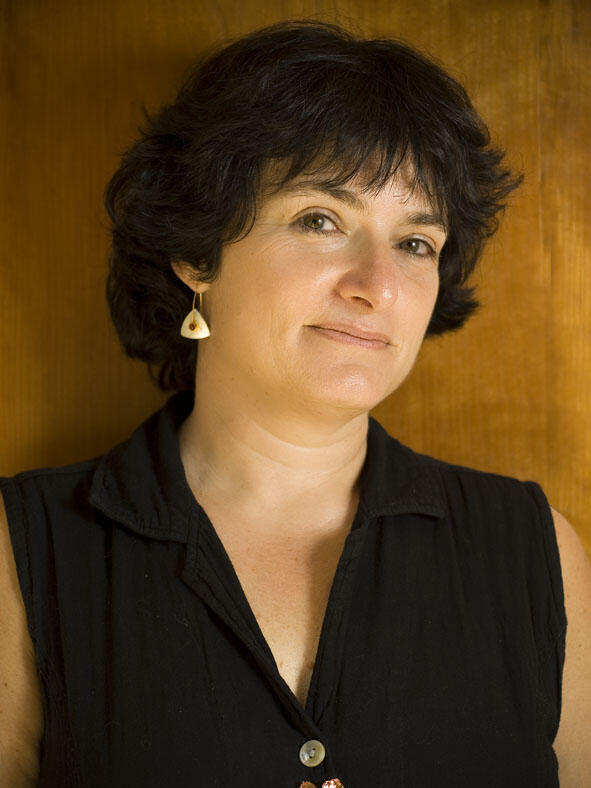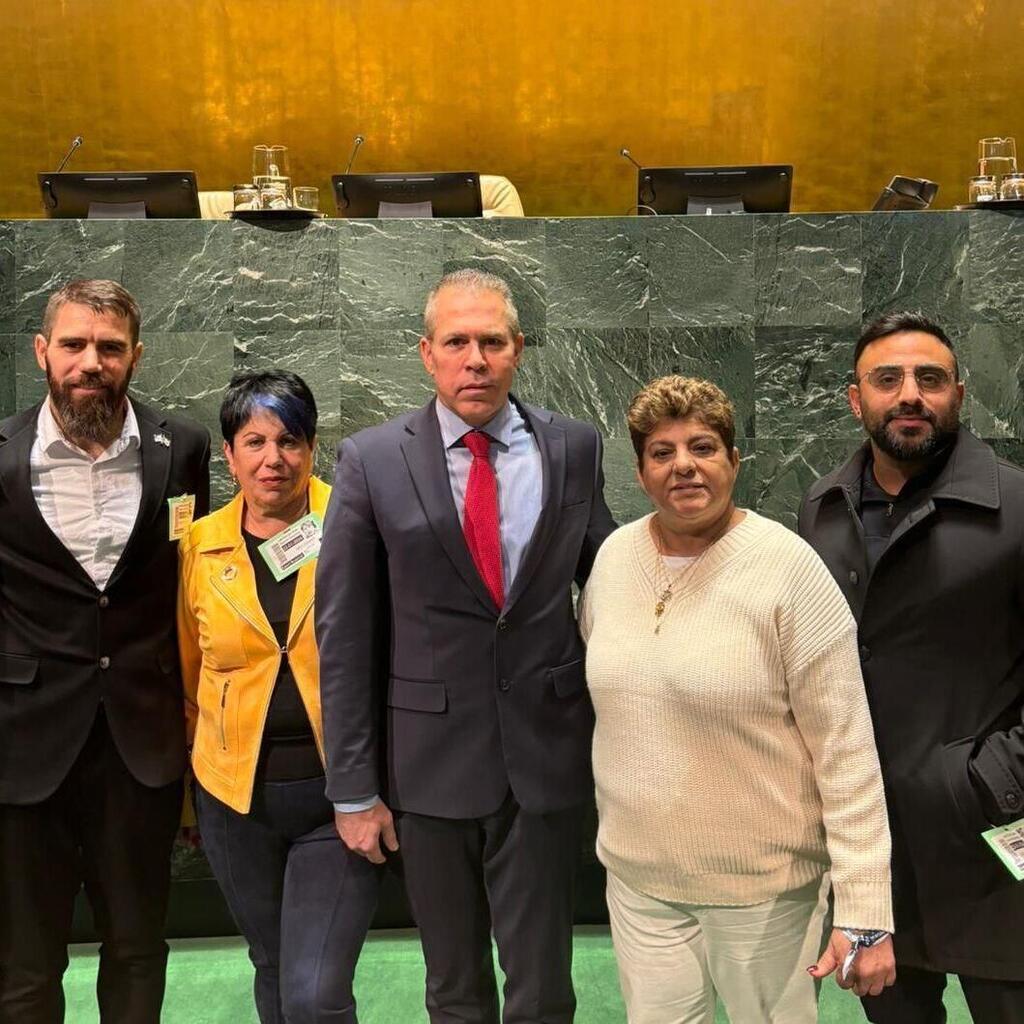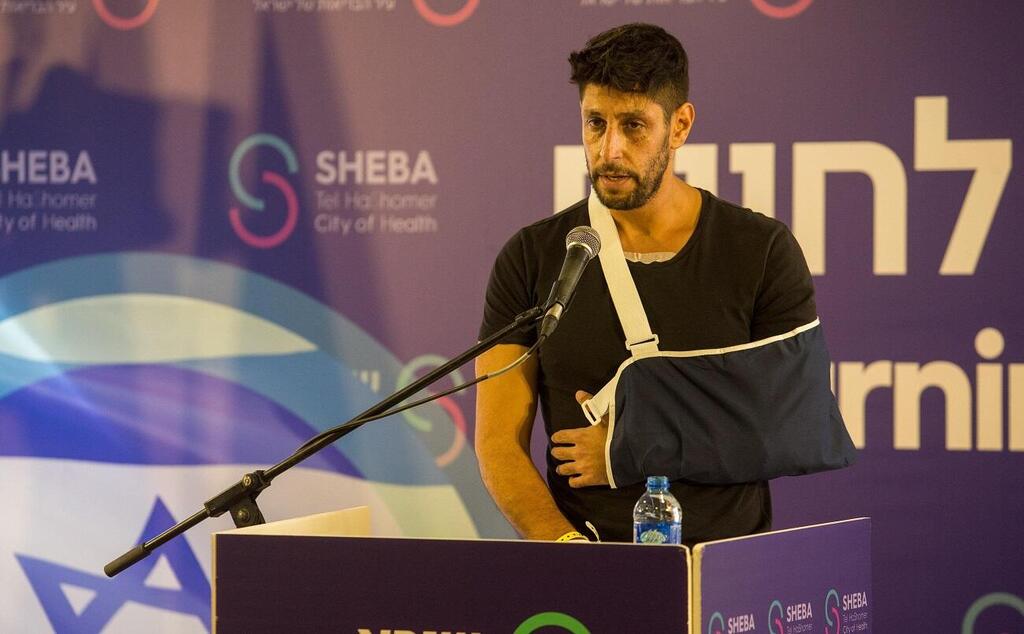Getting your Trinity Audio player ready...
Lately, there's been a surge in the number of dating app profiles featuring tired soldiers seeking solace. It appears that with the onset of the war, images of good-looking men, donned in uniforms and carrying loaded weapons, have become somewhat of a trend. However, this surge in masculinity, which might impart a certain sense of security, risks reverting us to a more traditional gender role division where sturdy, battle-ready men protect vulnerable women who await their return and care for the children at home.
Dr. Orit Kamir, a professor of Law and Gender, explains, "National pride took a severe hit on October 7." She goes on to highlight, "One of the fundamental features of patriarchy is that national pride and male honor are intrinsically linked. In a patriarchal setting, individuals are appraised based on the level of honor society bestows upon them, and honor is synonymous with masculinity. To be perceived as a person of stature, someone who is valued, you need to exude as much masculinity as possible. Masculinity signifies strength, aggression, control, combativeness, victory, dominance and militancy.
"This entire process of gaining honor is exclusive to men; it's irrelevant to women. For women, the route to acquiring honor is through association with a man. The more honorable the man they're with, the more they share in his prestige. In traditional societies, the first man a woman is tied to is her father, followed by her husband.
"The alternative to this view suggests that a person's worth is inherent from the moment of their birth. Everyone has intrinsic value and deserves fundamental respect, irrespective of masculinity or femininity, race, gender, or political beliefs. Our human dignity is with us from birth to death, and it's uniformly present in all of us. In the aftermath of the war, what we're witnessing is a shift back toward a value system rooted in honor, and a move away from the concept of human dignity inherent to everyone. To me, this is one of the most alarming developments unfolding before our eyes.
Why is this happening?
"Even before the war, our nation was particularly vulnerable and fragile. By its very nature, war leads to conservatism and a regression of sorts. It incites fear in people, driving them to retreat to the devil they know. Changes and personal rights can be put on hold; the immediate need is for personal security. We attempt to secure a sense of safety by reverting to cultural patterns that have accompanied us for thousands of years — patterns of dominance, militarism, and aggression, ostensibly to protect life itself. But this is a misconception; it won't provide us with the security we seek."
Where is this failure evident?
"The most glaring example we have of patriarchy's failure to provide security is the story of the female lookouts. Regrettably, there was initially a lot of uproar about it, but then it got lost in the abyss of oblivion. One of the reasons this disaster befell us is that the male-dominated system failed to heed the women who were vociferously warning that something was amiss. Both the lookouts and the intelligence officer — all women — saw that something wasn't right and raised their voices in alarm. Unfortunately, the male-dominated system, which is still markedly masculine and deeply rooted in its age-old traditions, didn't listen to these women's voices. This is a stark reminder that patriarchy didn't bring us security or victory. Instead, it led to disaster.
"There was a moment at the onset of the war when it seemed possible that Israel would recognize that muffling women's voices can precipitate disaster, but regrettably, this moment didn't progress further. It was overshadowed by the harmful rhetoric of this perilous government. We need to extricate ourselves from the narratives of 'we are strong, we shall prevail, because we are hyper-masculine.' When I observe young women being drawn toward men bearing arms, I see them getting carried away by this public frenzy of reverting to patriarchal masculinity. It's a scenario where men strive to exhibit maximum strength and power, and women, basking in their shadow, revel in this power and status. This is blatantly evident on the streets, with men brandishing guns and women attached to them."
Women fighters in the IDF were put from and center. Isn't that progress in and of itself?
"During the war, there were moments that highlighted various forms of courage that are typically overlooked. In our society, valor is often associated with masculinity, characterized by militancy, force, struggle, victory, and domination. Female bravery, on the other hand, can seem like a paradox. In the early weeks of the war, we witnessed remarkable displays of courage from women. This included not just exceptional female fighters, company commanders, and tank drivers, but also elderly women who, even when kidnapped by Hamas, refused to bow their heads. Their steadfast commitment to preserving human dignity was awe-inspiring.
"One woman, whose home was invaded by terrorists, managed to maintain her composure in the face of danger, offering her assailants cookies. Simultaneously, she was able to keep herself and her husband alive while subtly signaling to security forces how to infiltrate her home. Her bravery was extraordinary. The reason her courage was met with such immense gratitude is that society doesn't typically associate bravery with women. The type of courage demonstrated by Rachel from Ofakim is not something we'd ordinarily expect from a man. If a man had been in this situation, it wouldn't have been deemed as brave - we would have expected him to physically confront the terrorists."
Reversion
Dr. Kamir, known for her work in drafting the law to prevent sexual harassment and advocating for it in the Knesset, also contributed to the legislation of the Surnames Law. This law pertains to married women and cancels the automatic change of a woman's surname to her husband's after marriage.
She is on the verge of publishing her new book which is aimed at making feminism more accessible to the general public. Kamir states, "This is a book intended not only for third-degree gender students, but quite the opposite. For high school students, for students, for the general public - women and men. The book explains basic concepts in feminism, for example, what is this patriarchy that everyone is talking about? Patriarchy has become such a word that young women hear it, they know that feminists oppose it, but no one teaches them what it means."
She further explains, "The patriarchal worldview, in which we all live, places a very strong emphasis on the differences between women and men. It defines what the role of men in society is and what the role of women is. As a result of the fact that women have a uterus and a womb and men have a penis, can it be concluded that women are pleasurable and weak, emotional, prone to crying and have difficulty making decisions? Does this mean that men are firm, stable, brave, determined and make the right decisions? Clearly, there is no connection. Gender roles are purely a cultural derivative, a system of norms that patriarchy has created. The feminist worldview undermines this system and protests against it. We see that this is a system that prevents the interest of the ruling group - men - which emphasizes the differences between the genders in order to enlarge them and justify its rule. Patriarchy is not a fate. It is a social structure that can be changed, if we ask ourselves which aspects of it we need to change in order to realize ourselves fully and freely."
Reflecting on the global gender landscape over the last decade, Kamir observes, "We are experiencing a very sharp attack by men against feminist progress. Russia is a clear example of a backlash. In Hungary, it has reached the point where all gender studies departments have been closed, and feminist lecturers have had to leave and flee to other countries. Trump comes from exactly the same place, he wants to return to a world where, as he said, he can 'grab 'em by the p**sy' as much as he wants, he is a man's man and he will return women to their place. He appointed judges who denied American women the right to abortion they had for 50 years. Here, the war caught us with a government that is trying to start implementing the same gender policy as Hungary and Russia, Trump and Erdogan."
"Seventy years ago, the world was a different place. Women did not have the right to vote, work, or own property. Feminism has brought about tremendous change, yet as we made progress, some men, not all, began to feel threatened. They felt they were losing their automatic advantage, the preferential treatment that patriarchal society granted them.
 Dr. Orit KamirPhoto: Yaniv Golan
Dr. Orit KamirPhoto: Yaniv Golan"In Israel, the war found us at a specific historical juncture where the government is virtually devoid of women. There are no female directors-general in government offices. Since January '23, we are in the middle of a fast-paced process where women were excluded from decision-making centers. Now, given the war and the fear it engenders, causing everyone to retreat to a place that seems familiar and safe, it seems irrelevant to even discuss this. We are confronting an external enemy, and those who try to address this issue are seen as attempting to cause internal division to advance dangerous, subversive ideas. Just two years ago, we were in a completely different place, and we have a lot of work to return there."
However, there are also examples of a different kind of masculinity, such as Idan Amedi, who has both fought and been wounded in battle, and has shown great sensitivity, shedding tears in front of the cameras.
"We need to embrace men like Idan Amedi. He is a wonderful man. This is exactly what we are looking for - evidence of a different kind of masculinity. Feminism does not argue that a man cannot be a courageous warrior. What is fascinating about Idan Amedi is his humanity - his sensitivity, moments of vulnerability, determination, loyalty, dedication, and fairness. These are traits that can exist in the muscular and tanned body of a male warrior, and can equally be found in the body of a woman, whether she is muscular or delicate and maternal. Idan Amedi performs an excellent service in distancing from the honor-seeking patriarchy. He embodies something that strengthens people's recognition of human dignity, of human worth. He can be any kind of man he wants to be, and he creates for himself the type of masculinity that suits him. This is the embodiment of feminism. Feminism strives for people to be free and complete human beings who choose for themselves who and what they want to be, regardless of their gender."




